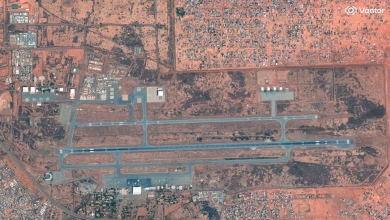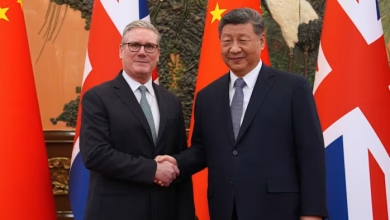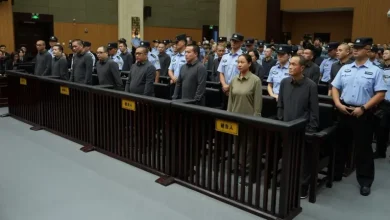WHO recognizes November 17 as World Prematurity Day
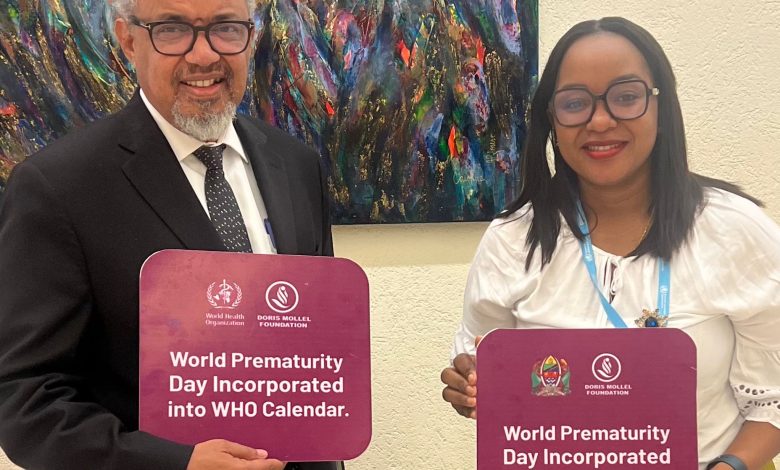
THE World Health Organization (WHO) has officially announced the inclusion of November 17 in its international calendar as World Prematurity Day.
This historic move recognizes and strengthens global efforts to protect the lives of babies born before the full term of pregnancy.
The announcement has been received with great joy around the world, especially in developing countries like Tanzania, which has been recognized as one of the leaders in efforts to improve neonatal care, particularly for premature babies.
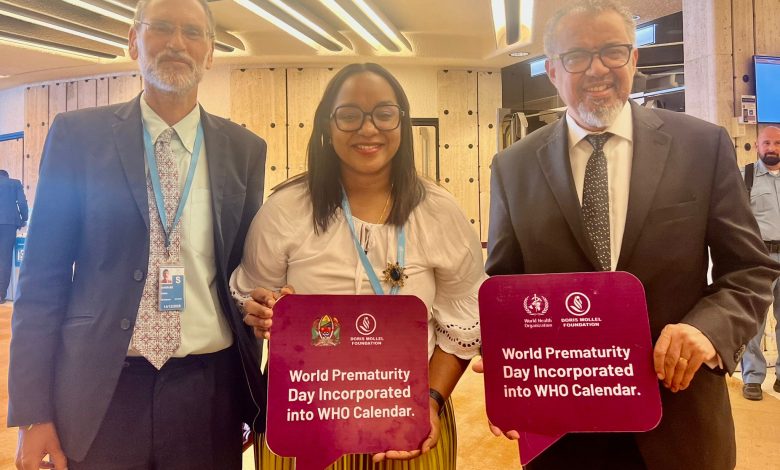
In an official statement, WHO Director-General Dr. Tedros Adhanom Ghebreyesus stated that the establishment of an international day dedicated to premature babies will help raise public awareness about the challenges these infants face, strengthen maternal and child health policies, and attract international investment in neonatal care services.
“I extend my heartfelt congratulations to Doris Mollel for her tremendous work in advocating for and educating the public about babies born prematurely. WHO will continue to support these efforts to save the lives of newborns around the world,” wrote Dr. Tedros on his X (formerly Twitter) account.
Tanzania has gained great honor through the efforts of Doris Mollel, founder of the Doris Mollel Foundation (DMF), who was born prematurely and turned her story into a tool for social change.
Read more: Mexico holds controversial vote to elect judges
For over seven years, her foundation has been at the forefront of educating the public about premature babies, fundraising and distributing medical equipment to more than 20 hospitals across the country, and providing professional training to healthcare providers who care for newborns.
Speaking about the WHO announcement, Doris Mollel said: “The adoption of November 17 by WHO as World Prematurity Day is a great honor for premature babies around the globe. For me and for Tanzania, this is a reward for many years of effort. The world will now hear the cries of these babies and take concrete action,” she said.
Doris also expressed her gratitude to the leaders who supported these efforts, including WHO Director-General Dr. Tedros, the Embassy of Tanzania in Geneva, and Ambassador Hoyce Temu for their support and diplomatic advocacy.


